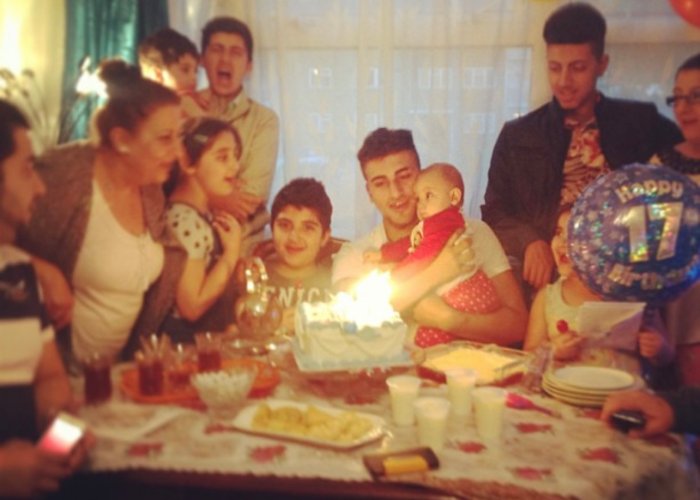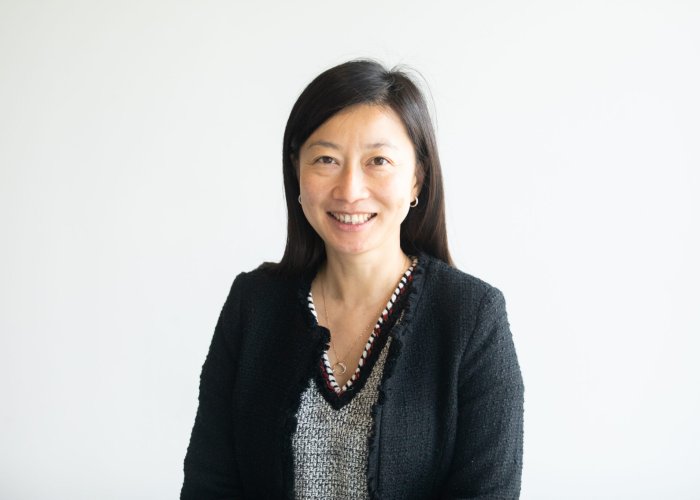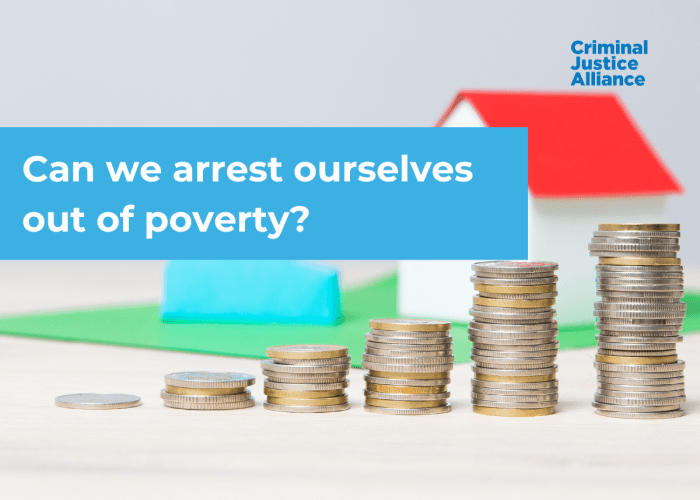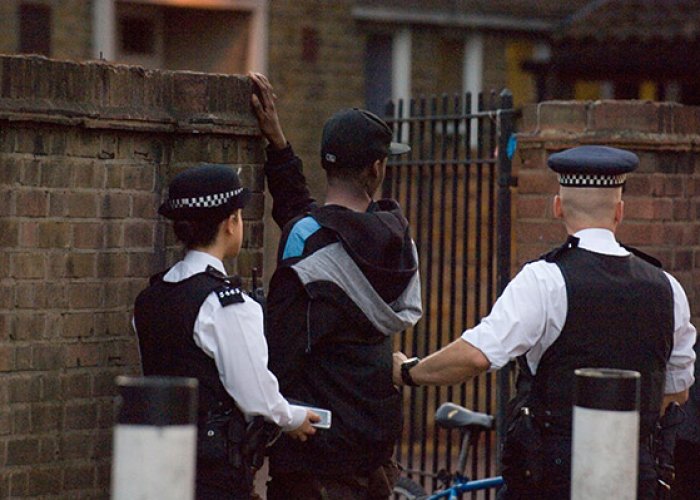Today (Wednesday 5 July 2023), MPs will debate action needed to ensure the fair treatment of Black, Asian, minoritised and migrant women and girls who are victims of domestic abuse and other forms of gender-based violence, and who find themselves in the dock as a result.
Kate Osamor MP has applied for the debate and will call on the Government to explain how it intends to tackle gaps in law and practice that lead to unfair treatment of Black, Asian, minoritised and migrant victims of VAWG. The debate is supported by the Centre for Women’s Justice (CWJ) and the Tackling Double Disadvantage partnership, which consists of six specialist charities focused on women and criminal justice: Hibiscus Initiatives, Agenda Alliance, Women in Prison, Zahid Mubarek Trust, Muslim Women in Prison Project and Criminal Justice Alliance.
We argue that effective defences are needed for victims of domestic abuse who use force against their abuser, and for those who are coerced into offending. We are calling for culture change, improvements in training and guidance for police, prosecutors, judges and magistrates, and safeguards to ensure victims’ experience of VAWG is properly taken into account in decisions to arrest, prosecute, convict or sentence them for offences linked to the abuse.
Kate Osamor MP (Lab, Edmonton) said:
“This debate is a real opportunity to draw attention to how many victims of domestic violence who due to their abuse themselves are accused of offending are unjustly drawn into the criminal justice system.
“I look forward to seeing many other Parliamentarians at the debate to raise awareness and urge the Government to undertake reforms to stop this unfair criminalisation.”
Nearly 60% of women in prison and under community supervision by probation services are victims of domestic abuse, and for many this is directly linked to their offending. Women and girls from ‘minority ethnic’ groups are overrepresented at every stage of the criminal justice system, with Black women twice as likely as white women to be arrested. A quarter of girls and nearly a fifth of young women prosecuted in 2021 were from ‘minority ethnic’ groups.
The debate will draw attention to the wider inequalities faced by Black, Asian, minoritised and migrant women in contact with the criminal justice system, as highlighted in a report published today by the Tackling Double Disadvantage partnership.
The ‘One Year On’ Progress Report reviews progress since publication of the 10-point Action Plan in January 2022, to achieve equal treatment and outcomes for racially minoritised and migrant women in contact with the criminal justice system. The report finds that activity to achieve change has been limited and piecemeal, lacking an overarching strategic approach, and with no evidence so far of improvements in outcomes for women. In some respects the picture has worsened, with evidence of racism and sexism in the police, police-perpetrated violence against women and girls, and measures in the Nationality and Borders Act and Illegal Migration Bill which limit the rights of migrant and trafficked women and widen the net of criminalisation.



